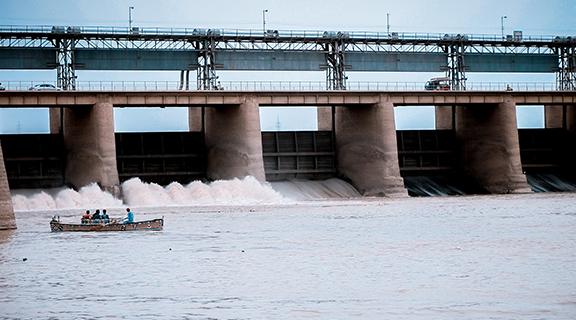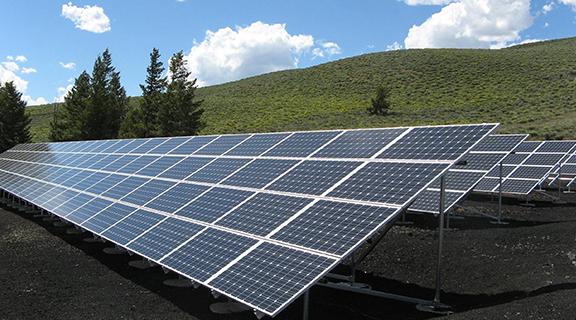
Academics - Environmental M.Eng.
The Master of Engineering degree is a coursework and project-oriented program.
Curriculum Structure
Our program requires completion of thirty (30) credit hours consisting of coursework in major and supporting areas, and a project. This generally corresponds to 9 regular courses and 2, one-credit seminars. The Master of Engineering degree can be completed in two semesters.
Each student’s program includes 9-credits of “core” coursework. The “core” coursework is designed to give all M.Eng. Students in environmental engineering the desired breadth across our four focus areas of specialization.
Core Courses
- CEE 6560 - Physical and Chemical Processes (Fall, 3 credits) OR CEE 6530 - Water Chemistry (Fall, 3 credits)
- CEE 5420 - Energy Technologies and Subsurface Resources (Spring, 3 credits) OR CEE 6210 - Renewable Energy Systems (Fall, 3 credits)
- CEE 5970 - Risk Analysis and Management (Spring, 3 credits) OR CEE 5930 - Data Analytics for Engineering Managers (Fall, 3 credits)
Electives
Each student’s program includes X-credits of “core” coursework. The “core” coursework is designed to give all M.Eng. Students in environmental engineering the desired breadth across our four focus areas of specialization.
In addition to the required “core” courses, each student’s program must include at least X-credits worth of electives selected to provide a track area of specialization.
To help meet these requirements, we have put together four track areas of specialization plus a “build your own track” tied to common career paths of M.Eng. program graduates.





